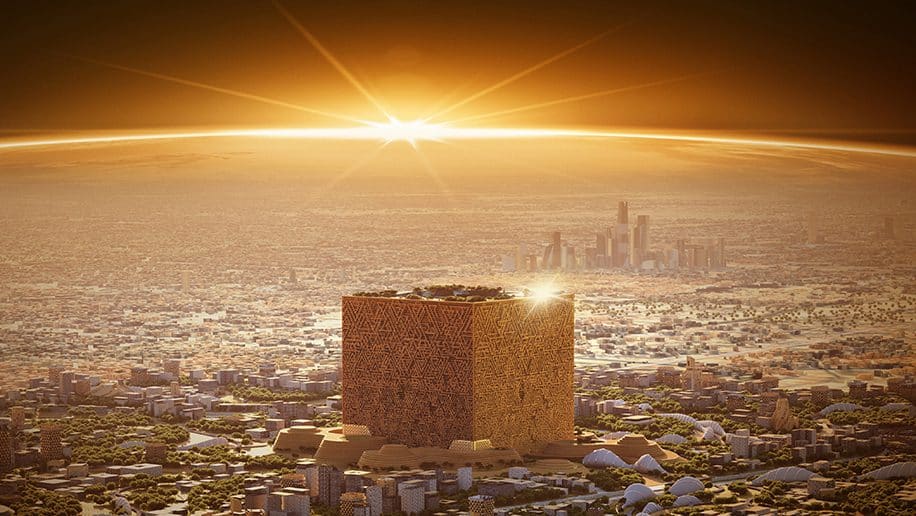Against a backdrop of rapid transformation, Saudi Arabia is mobilizing to strengthen its international influence through soft power. Through a series of cultural, economic and diplomatic initiatives, the country is seeking to reshape its image and play a more prominent role on the world stage.
Operation seduction for Saudi Arabia. For Crown Prince Mohammed Ben Salmane (MBS), the country’s post-oil economy will be built on tourism, focusing on sports such as soccer and golf, and culture, thanks to its many Nabataean archaeological sites. All of this, backed by substantial investment in luxury hotels.
The recent acquisition of Paris Saint-Germain’s star player, Brazil’s Neymar, has confirmed the kingdom’s soft power strategy. In general, the kingdom spends colossal sums to attract Western players to the Saudi Pro Football League.

And the Saudi regime is insatiable. Last June, it flexed its muscles in yet another sporting discipline, concluding a merger agreement between the PGA Tour and LIV golf associations, the latter backed by the kingdom’s Public Investment Fund (PIF).
A way for the country to change its image as a rigorist kingdom and try to beat its rival, Qatar, on this terrain. MBS has still not come to terms with his neighbor’s hosting of the FIFA World Cup. The question now is what happens next. Saudi Arabia has not officially bid for the 2030 World Cup, but it’s only a matter of time. Cricket is also attracting interest in the country, not least because of the high proportion of the population of Indian, Pakistani and Bangladeshi origin.
Next month, Saudi Arabia will also play host to Gamers8, billed as the world’s largest e-sports and gaming festival. Two things to remember: money wins, and everything has a price in business.
As Saudi Arabia’s sporting ambitions gather momentum, questions persist about the underlying motives. Yet one obvious answer is emerging: it’s a sports laundering operation, where sport is employed both as a soft power lever and a way of improving the lives of the population, particularly young people (70% are under 35), and diversifying the economy. The Saudis are touting 8% annual growth in their sporting events industry, up from $2.1 billion in 2018 to an estimated $3.3 billion by next year. The aim, for example, is to attract more visitors to Saudi Arabia to play golf and spend their foreign currency locally.
To complete this strategy, Saudi Arabia is seeking to improve its oft-criticized human rights record. In return, the country has introduced important reforms for its citizens in recent years. These include the reopening of cinemas, the organization of concerts and the granting of driving licenses to women…
Reopening of the embassy in Iran
On the diplomatic front, Saudi Arabia is also scoring points. Iran has reopened its embassy in Saudi Arabia, ending a seven-year rift between the two nations. Iran’s Deputy Foreign Minister, Alireza Bigdeli, expressed that the decision reflected a new era of cooperation. The move comes three months after the Gulf states agreed to renew relations in a deal mediated by China. In 2016, Saudi Arabia severed ties with Iran following an attack on its embassy in Tehran by protesters opposed to the Kingdom’s execution of a prominent Shia Muslim cleric.
Click here for the full article on Luxus Plus Magazine.
Featured photo : © Press










